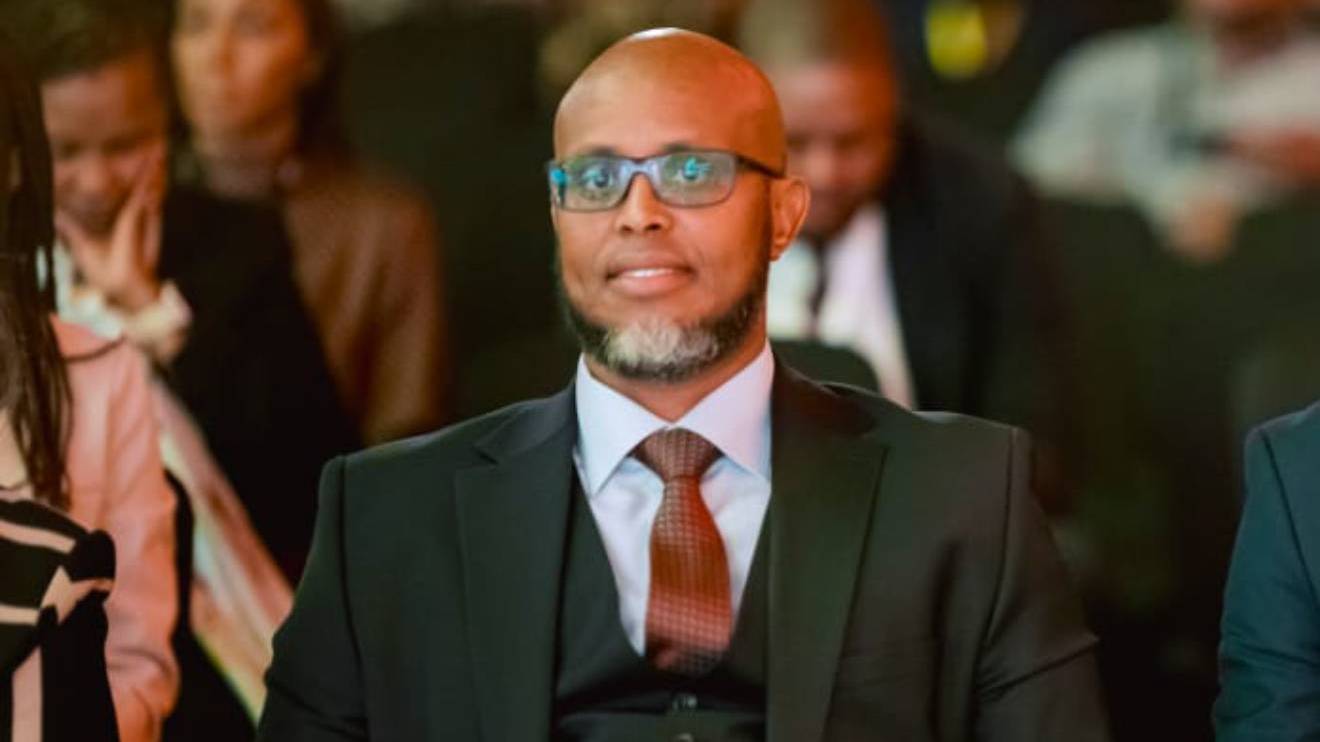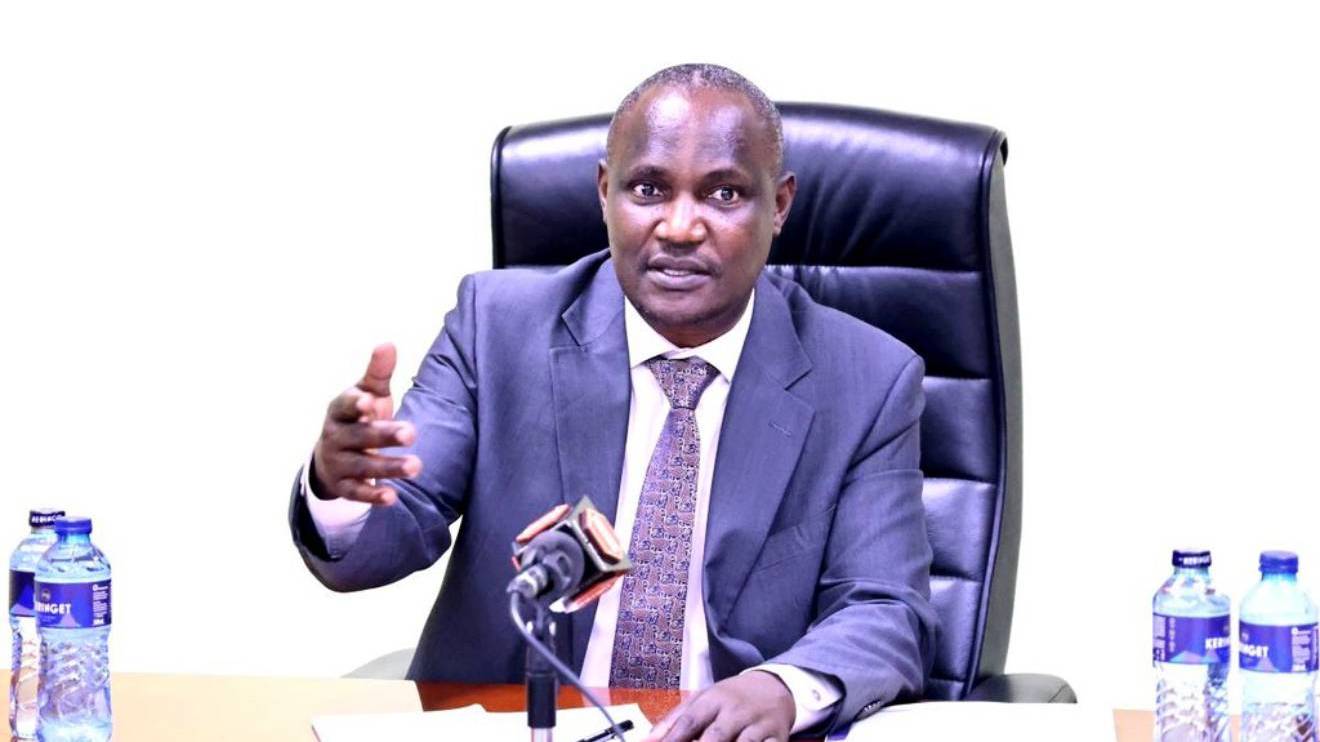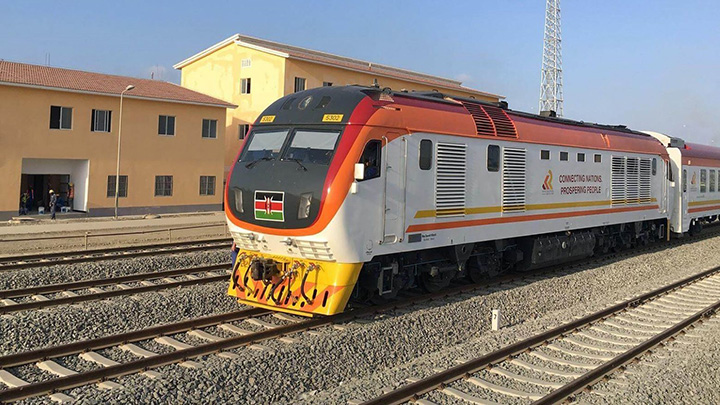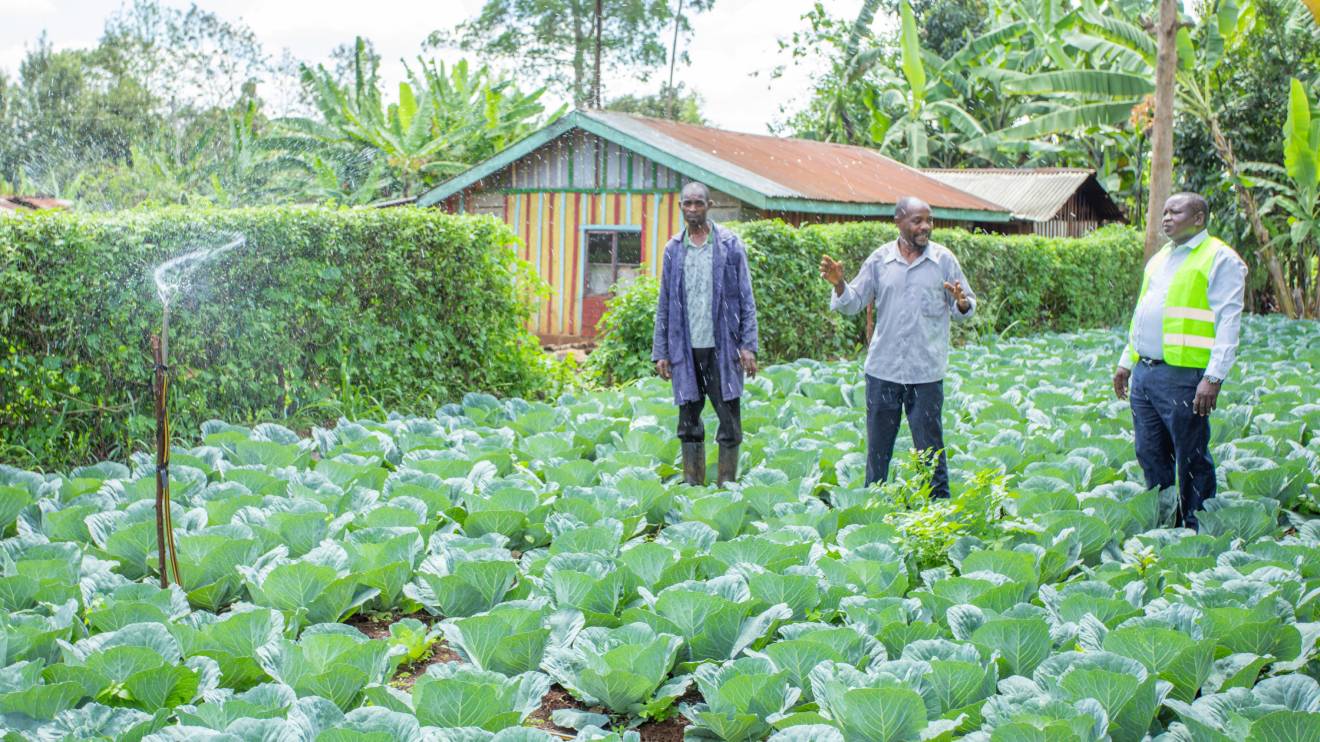Teresa Njoroge is a Social & Criminal Justice Reforms and System Change Influencer with a background in banking and finance. After being wrongly arrested and convicted in connection with a major fraud case in Nairobi, she turned this misfortune into a course by starting a social enterprise - Clean Start Solutions Kenya. Through this initiative, she ardently advocates against social injustices in Kenya and Africa. Her focus is on how imprisonment disproportionately affects individuals and families living in poverty.
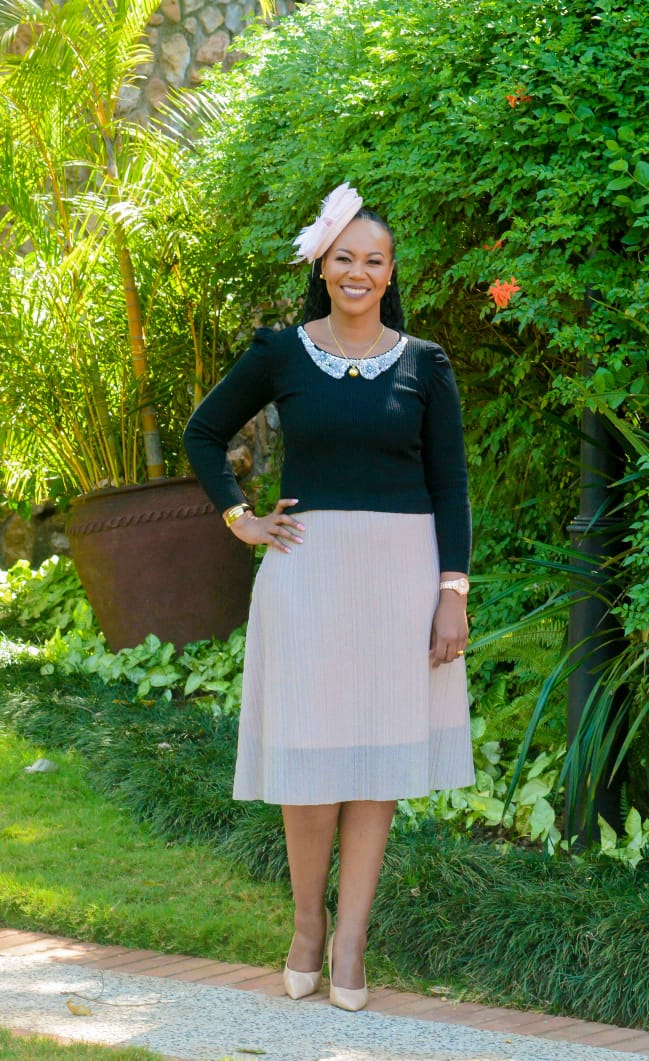 Teresa Njoroge. PHOTO/COURTESY
Teresa Njoroge. PHOTO/COURTESY
Today she is an Inaugural Ford Foundation Global Fellow, a Vital Voices Lead Global Fellow, a TED Women 2017 Speaker and the recipient of the African Female Leader 2018 Excellence Award by The Global Thinkers Forum, United Kingdom. Women and Girls Lead Global has also recognized her company's efforts as an outstanding advocate for marginalized groups.
Teresa is a mother of two amazing upcoming change-makers; her daughter, Umaa, 10, whose name means Truth and her son Uhuru 8, whose name means Freedom.
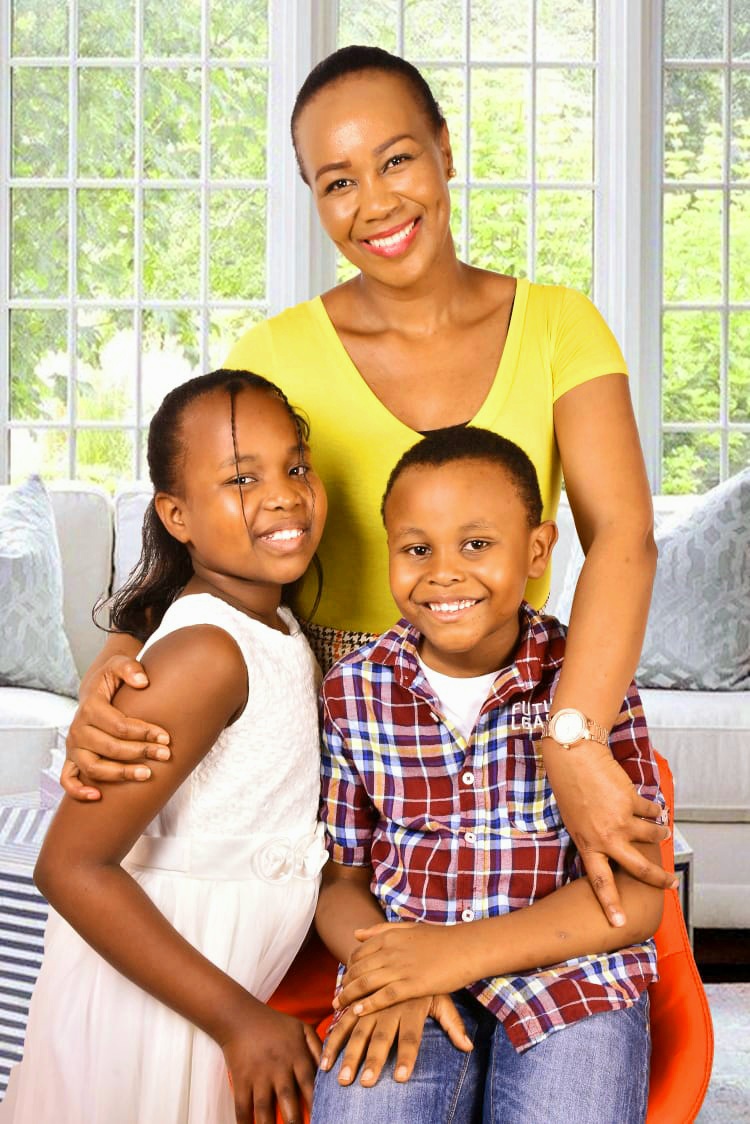 Teresa Njoroge. PHOTO/COURTESY
Teresa Njoroge. PHOTO/COURTESY
Read More
1. Please tell us how your childhood shaped you for a career in banking while highlighting some of your major achievements and the events that have shaped them?
As young as nine years, I wanted to be a professional banker. I drew inspiration from my dad, a career banker and one of my most significant role models! I, therefore, put in a concerted effort in my studies and eventually achieved my dream career. Over the years, I grew up the ranks into management with various international banks in Nairobi, Kenya. I loved the tools, skills, language and phenomenal networks that I gained within my banking career.
The intrinsic value of any work is what the process makes you. Working within the financial sector taught me how to achieve greatness in productivity, performance and impact by insulating the designs of my life and fortifying my ideals while protecting my optimism. However, I detected that the low-income people were excluded from the products and services within the banking sector. At the back of my mind, I always had the question around the incredible disparity among people.
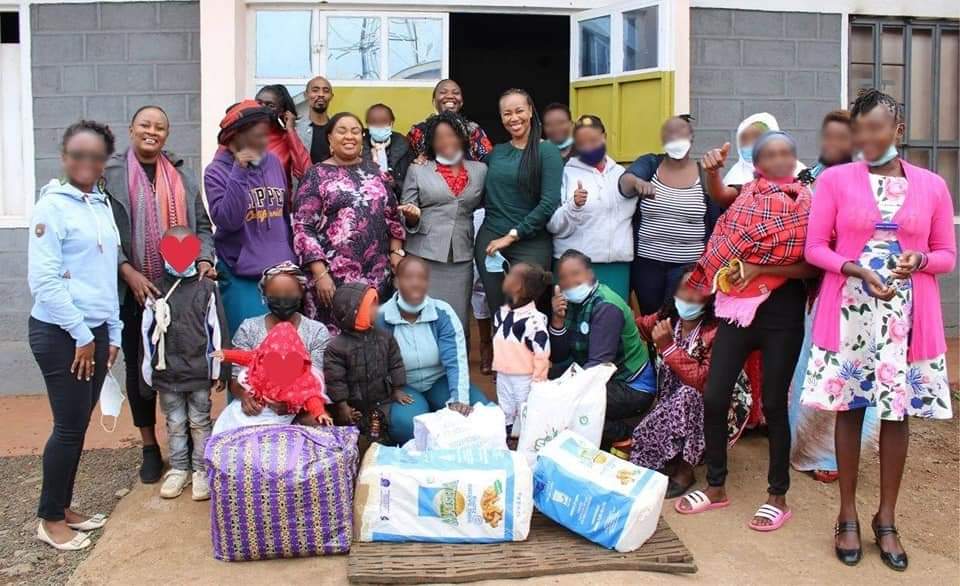 Teresa Njoroge. PHOTO/COURTESY
Teresa Njoroge. PHOTO/COURTESY
2. As the Founder and Director of Clean Start Solution, tell us more about the organisation; what inspired you to start it, what's the vision and what does the organization aim to achieve?
In 2009, I was wrongfully arrested, maliciously prosecuted, falsely convicted and served a one-year sentence in Langata Women's Maximum-Security Prison, the largest women correctional facility for women here in Kenya. I was later acquitted, vindicated and cleared of any wrongdoing in February 2013. This first-hand harsh and unjust experience with the criminal justice system is what inspired me to set up the social enterprise - Clean Start. I had one aim, to ensure that other women would have a more justified experience than what my daughter and I had, one with dignity, hope and a pathway to rebuilding their lives.
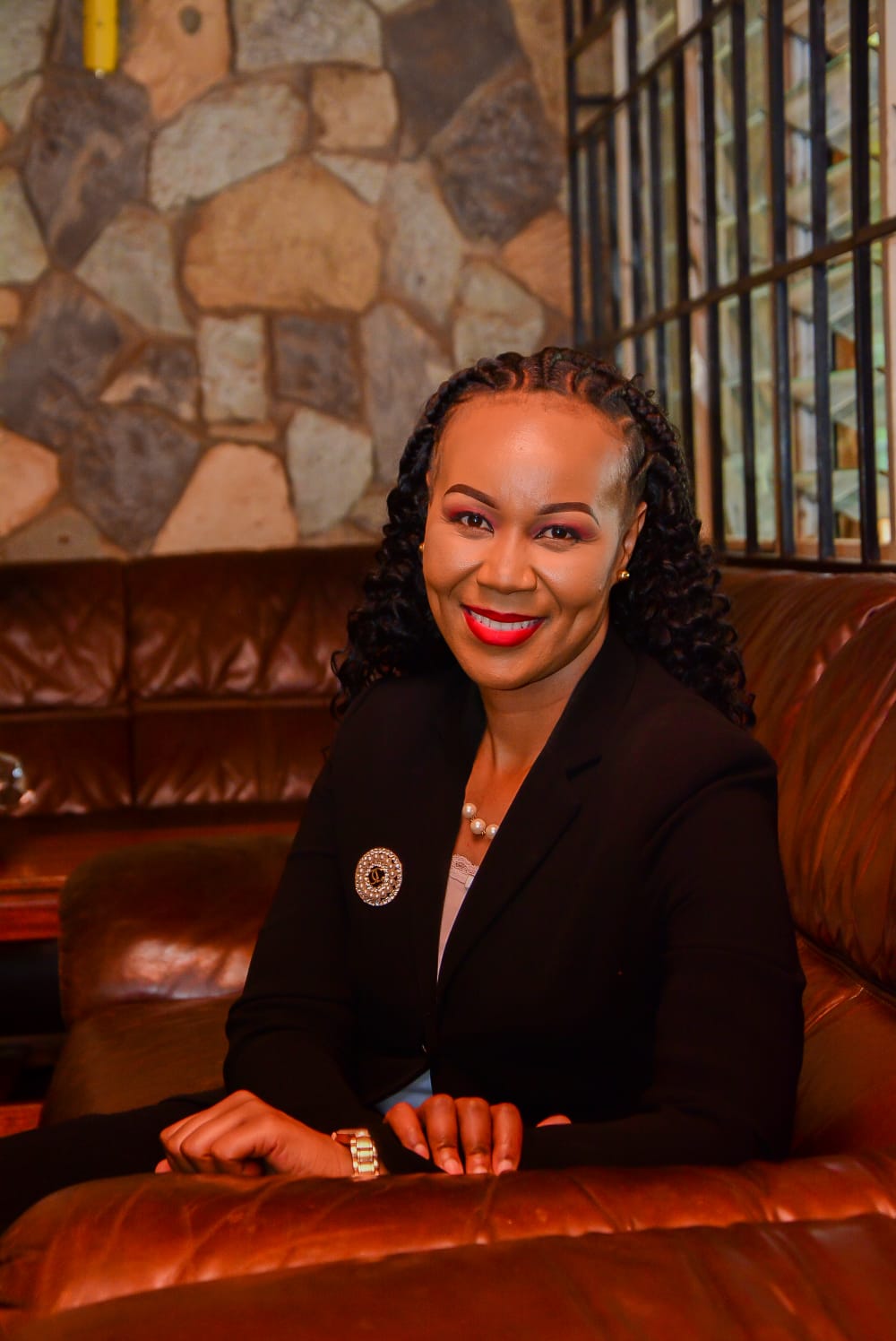 Teresa Njoroge. PHOTO/COURTESY
Teresa Njoroge. PHOTO/COURTESY
At Clean Start, we equip and empower vulnerable children who accompany their mothers to prison to serve their sentences, girls and women. Due to poverty-related issues, these women and girls end up in conflict with the law or imprisoned within Kenya's juvenile justice system or criminal justice system. We seek to prepare the children of imprisoned mothers, the young girls and the women for the forbidding journey of reintegration back into society after serving their jail term.
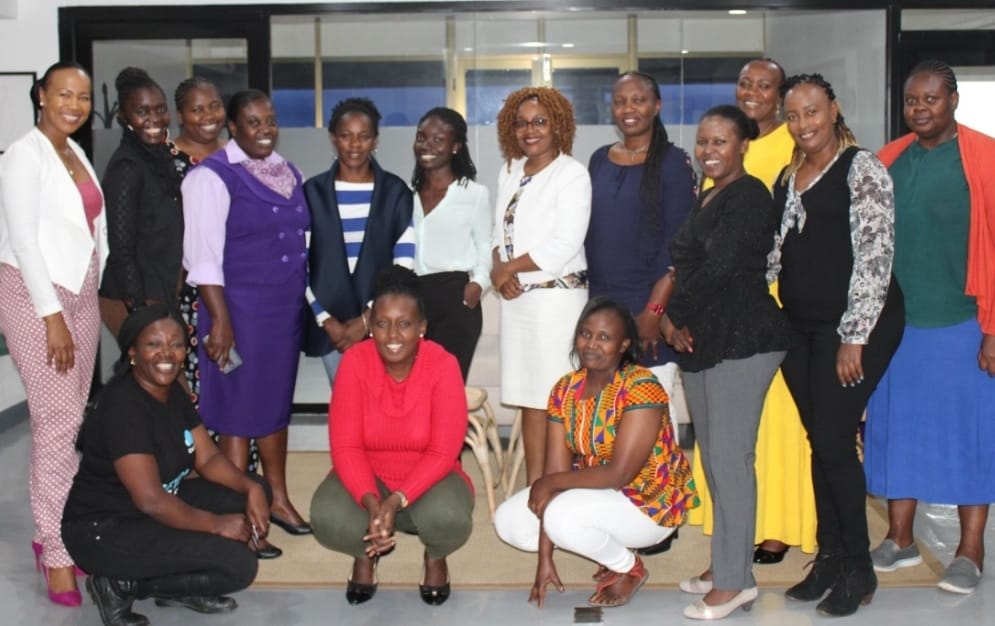 Teresa Njoroge. PHOTO/COURTESY
Teresa Njoroge. PHOTO/COURTESY
Our vision is to Reimagine the Future & Reclaim Destinies! Reimagine the world, one that is inclusive, embracing equality and diversity, reimagine justice, reimagine our systems, reimagine how we treat the poor, the vulnerable and the marginalized while reclaiming the destinies of those who are directly impacted and caught up in the mess.
We are a community that is essentially committed to social justice, changing the current narratives that dominate the criminal justice system, especially towards women. We aim to cut the high rates of re-offending, help reduce systematic legal and societal barriers and grow the nations restorative justice programs. We are at the forefront through our advocacy work to stop the stigmatization of formerly imprisoned individuals.
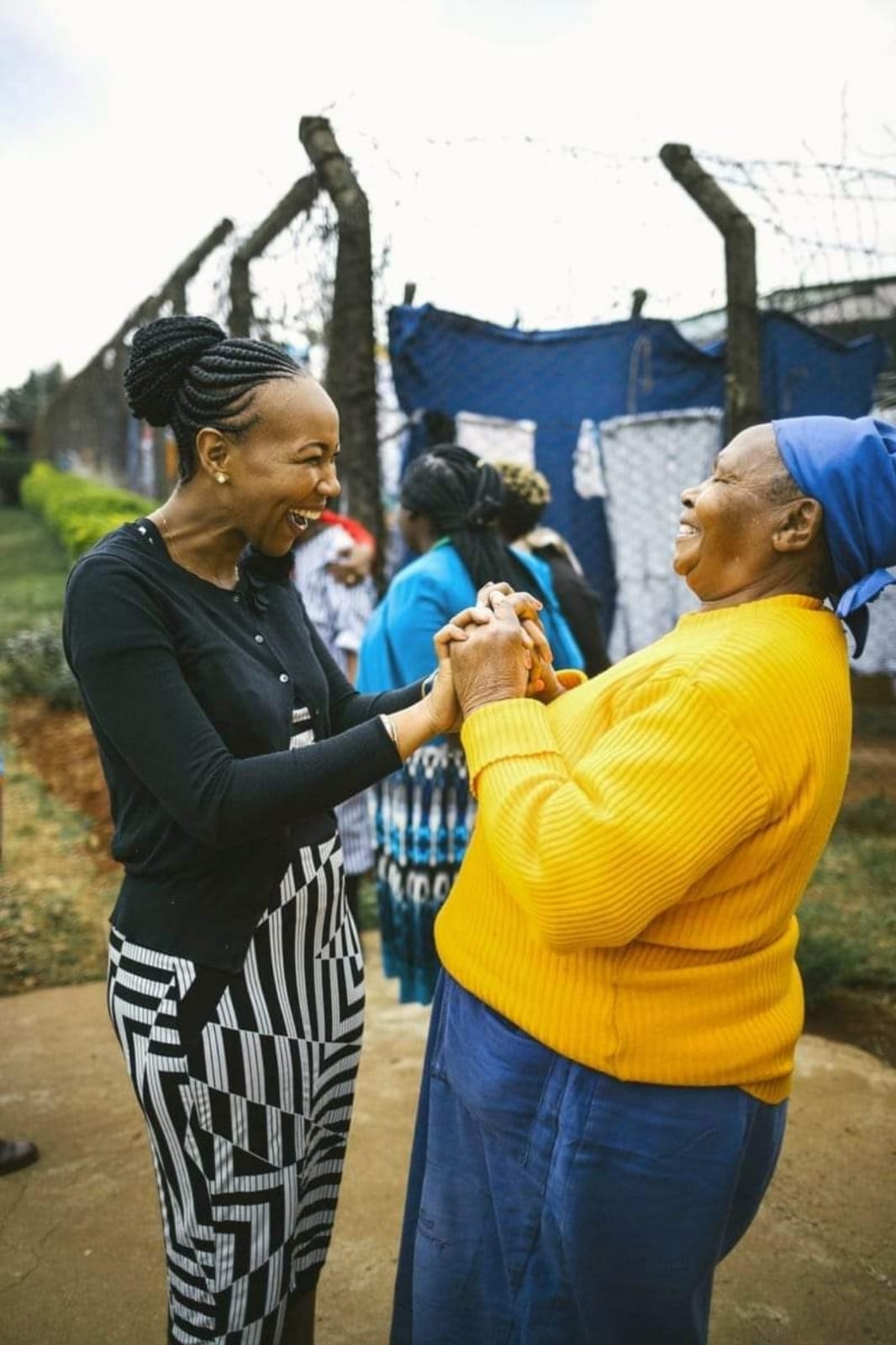
3. You are passionate about justice and giving a second chance, especially to people who have been imprisoned, why is that so? What drives you?
I believe in second chances but realizing that most of those we work with haven't had a first. They never had economic nor education opportunities, access to health care, affordable housing which all contribute towards the survival petty offences that land them in prison. For most imprisoned individuals, a release date is inevitable. People refer to reintegrating back to society as a second chance. For us, the real second chance is when the collateral consequences and rife stigmatization of the formerly imprisoned are removed and society no longer shuns those affected. My vision is to have an inclusive and more just world, one where punishment should not be our impulse, support and care should, especially when someone is seeking help.
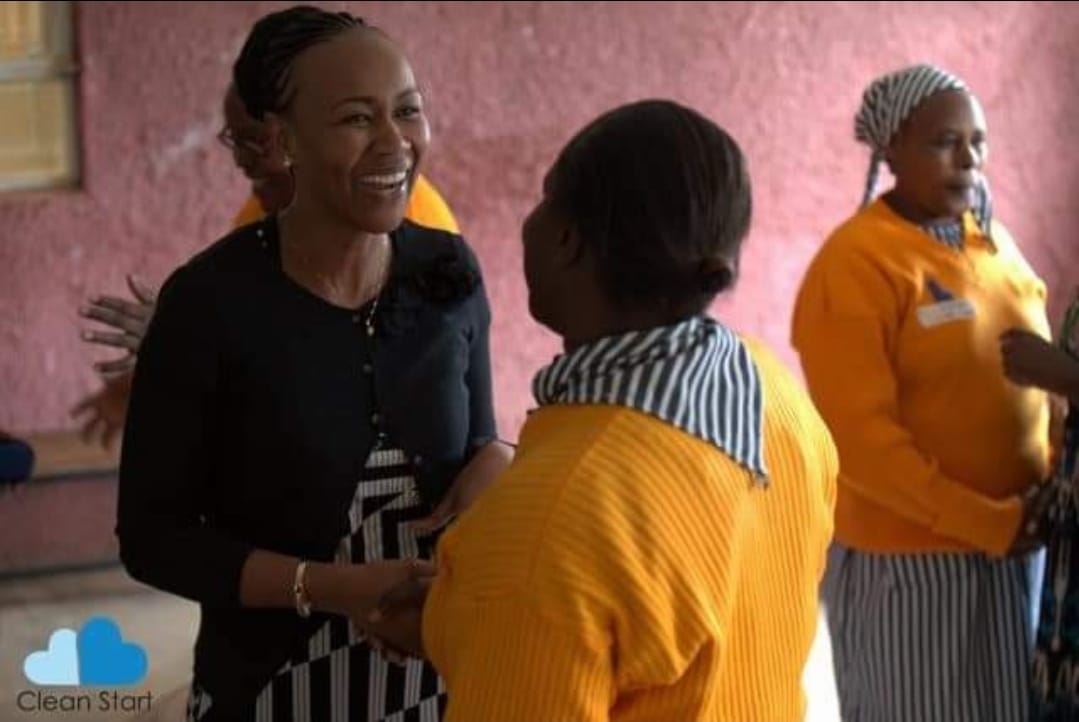 Teresa Njoroge. PHOTO/COURTESY
Teresa Njoroge. PHOTO/COURTESY
You will be surprised how complex this is. We lost a formerly imprisoned woman when she scotched herself and her son after serving a five-year prison sentence but could not complete a year on the outside post imprisonment due to the heavy stigmatization. We cannot afford to lose another one. We wonder, who decides which lives are more precious than others? What does it mean to be human? These are some of the questions that drive me and keep me going.
 Teresa Njoroge. PHOTO/COURTESY
Teresa Njoroge. PHOTO/COURTESY
4. Having gone through injustice and now working with women and children impacted by the criminal justice system to restore their dignity, hope, and successful reintegration, what three things do you think can be done to change the criminal justice system in Kenya?
- Decriminalize poverty and declassify petty offences. Repeal of the Colonial-era Vagrancy Laws that overwhelmingly target the poor and most marginalized. These laws violate rights enshrined in the African Charter on Human and Peoples' Rights, including the rights to equality, dignity and freedom from cruel and inhuman treatment, among others.
- Proximity. We need to get closer to suffering and injustice, to those places where there's poverty, abuse and neglect and abandonment. Those closest to the problems are also closest to the solutions and often far from the resources. Lived experiences form a crucial background in policymaking, and we have to centre those who are directly impacted as experts close to the solutions. Nothing for them without them.
- We have to be willing to do the uncomfortable things. I've never seen justice prevail where people only did things that were convenient and comfortable. So get comfortable doing the uncomfortable things.
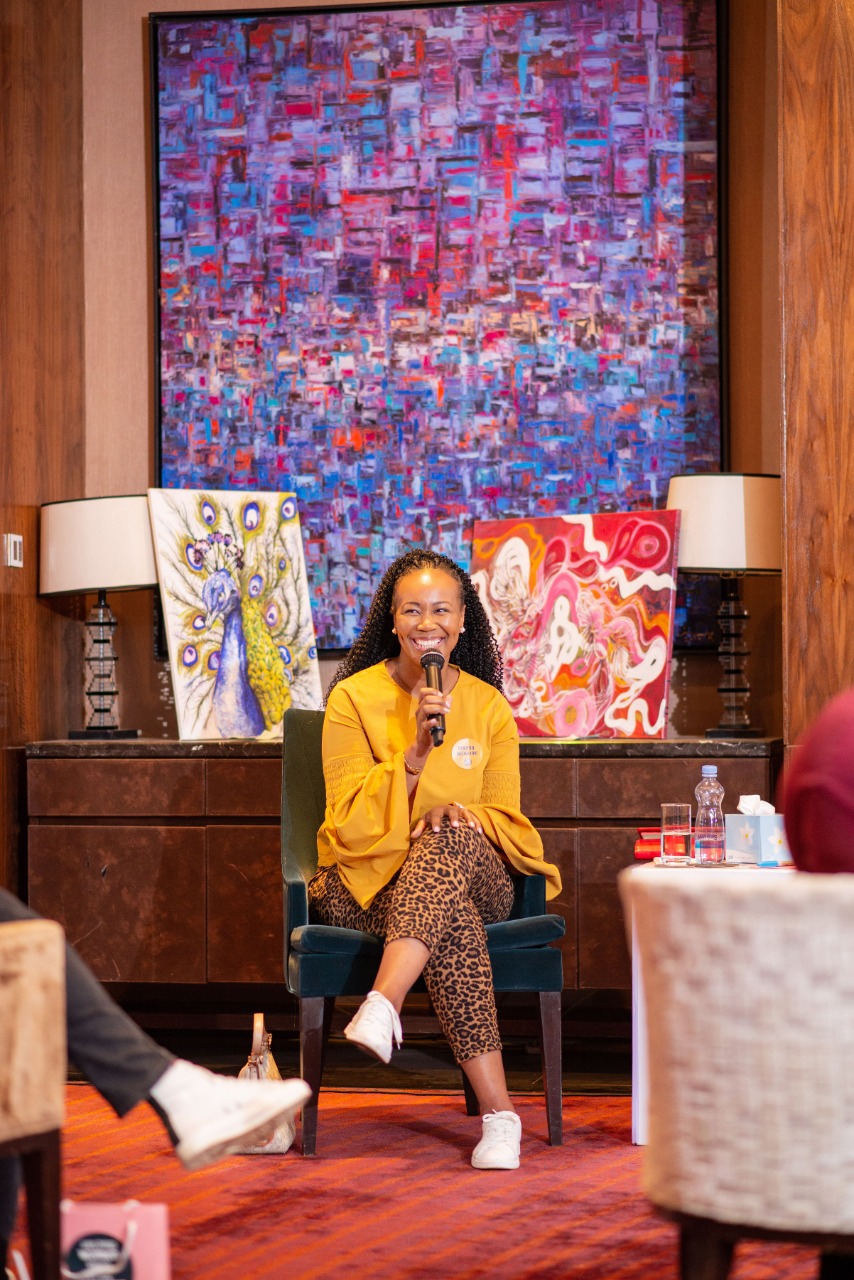 Teresa Njoroge. PHOTO/COURTESY
Teresa Njoroge. PHOTO/COURTESY
5. If you were to choose the two most important values that shape the way you live and keep you grounded, what would they be and why?
I. Love. Doing what you love is the cornerstone of having abundance in your life. It's the greatest motivation.
II. Integrity. You are defined by what you say and do. You must move with integrity.
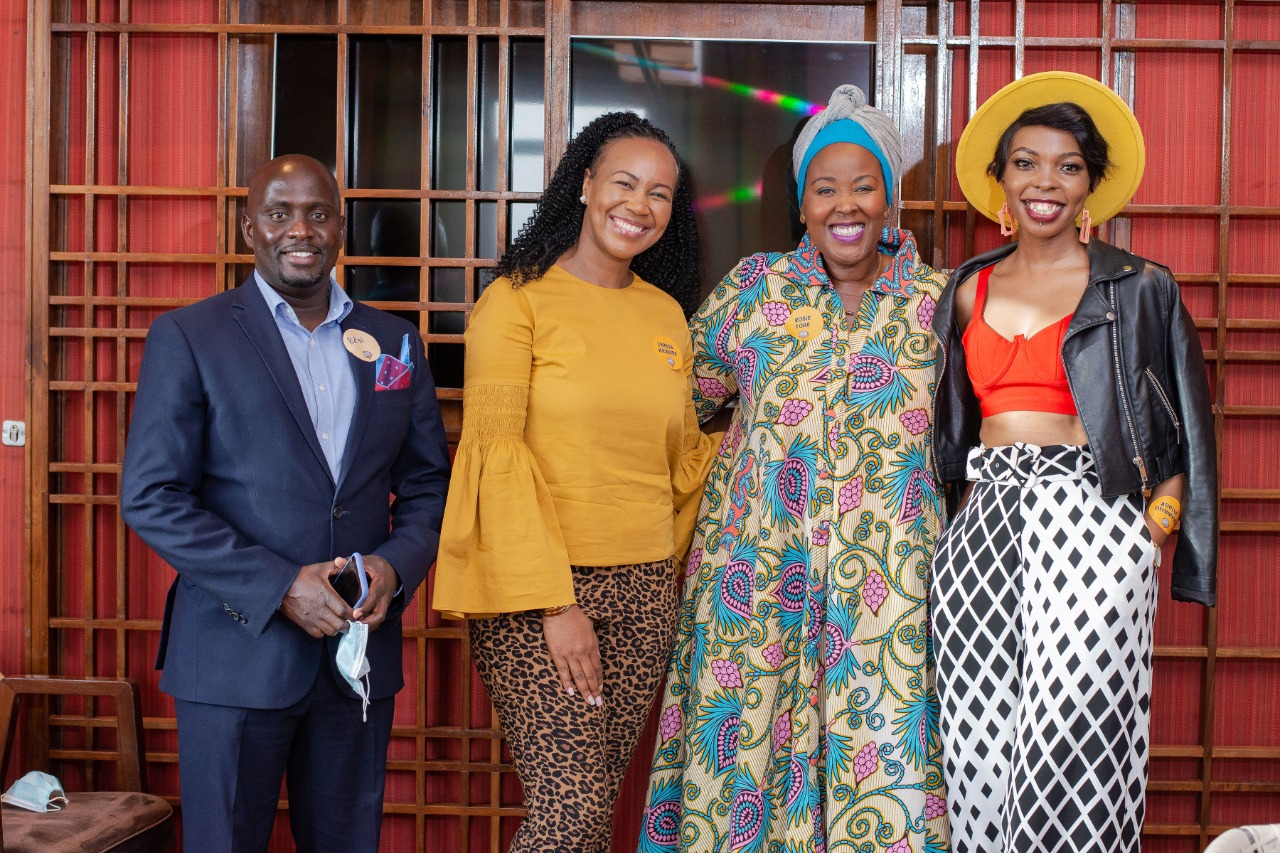 Teresa Njoroge. PHOTO/COURTESY
Teresa Njoroge. PHOTO/COURTESY
6. Given an opportunity to reimagine the world, is there is anything you would change? If yes, what will it be and why?
Leadership! We need more servant leaders on our planet, human beings who are givers, not takers. Who value contribution above self-glorification because to lead is to serve, and to help is to prosper.
I would urge everyone to find a mighty mission, one that will consume you, taking your mind and heart off of the mess that's all around us. Losing yourself in the service of others is a beautiful formula for becoming happier as we navigate the issues that impact our society.
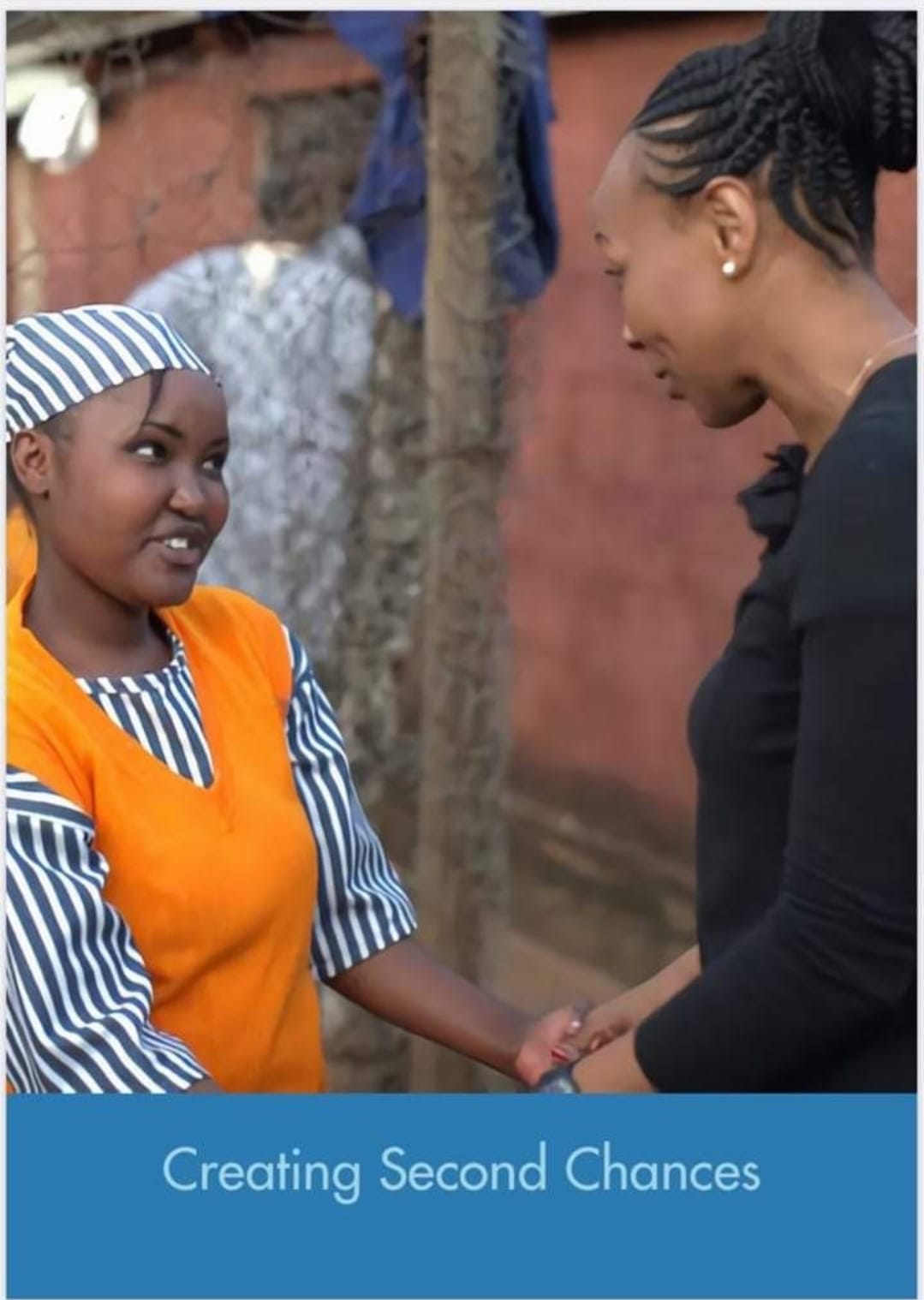 Teresa Njoroge. PHOTO/COURTESY
Teresa Njoroge. PHOTO/COURTESY
7. Tell us what role has each of the following aspects played in your career life, giving brief real-life experiences?
• Pursuing your passion. Honour yourself and courageously pursue your passion with curiosity and compassion.
• Forging networks. Networks should be growth spaces that are a give and take.
• Taking risks. Fear is a giant liar, if not faced, turns into a wall, and doubt is a violent thief, which one destroys through concrete action.
• Mentorship. You will only become as positive as your mentors. So, choose yours well. You become your influences, so remove the dream snatchers and evade the hope takers. In these exciting times we inhabit, each of us bears the responsibility to do all we can to protect our strength and hope.
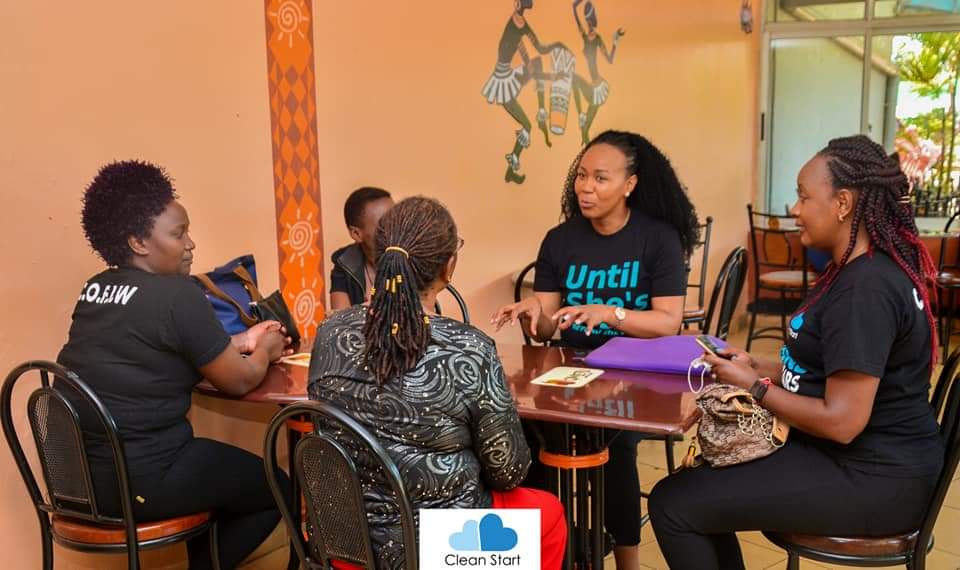 Teresa Njoroge. PHOTO/COURTESY
Teresa Njoroge. PHOTO/COURTESY
9. Any parting shot?
Audre Lorde said, "I am not free when some other woman is unfree, even when her shackles are very different from my own." The COVID-19 pandemic has been such a wake-up call that no one is safe until we are all safe and that we need a united global response to the issues that ail us in society. We need each other.
The global pandemic has laid it bare that fair vaccine distribution is a humanitarian imperative and so goes all other social issues. The world of the next 10 years can be one of greater justice, abundance and dignity. Or it can be one of conflict, insecurity and poverty. The choice is ours. Who will stand up for the people, their rights, and all those who suffer and remain in the indignity of unemployment, underemployment, and lack of access to food, affordable housing? And not with quick fixes but with real progress?
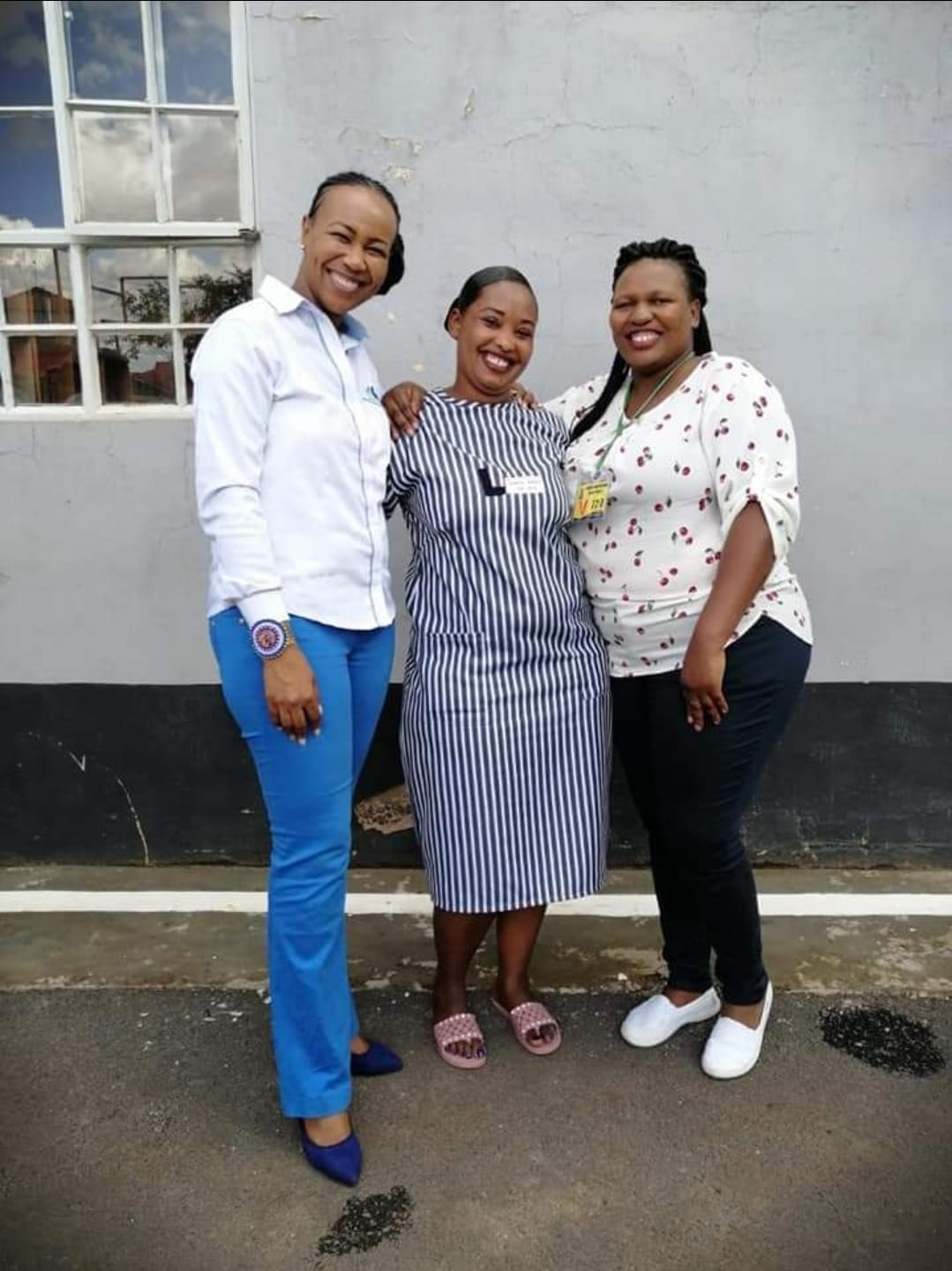 Teresa Njoroge. PHOTO/COURTESY
Teresa Njoroge. PHOTO/COURTESY
It is not beyond us. Our voices must be heard. Our voices matter. Let us summon the courage to stand up and find moral strategic solutions. We cannot solve all the problems of the world, but we can solve those within our purview with urgency, patience and moral imagination.
Curated by Patience Nyange and Esther Kiragu for Swala Nyeti.

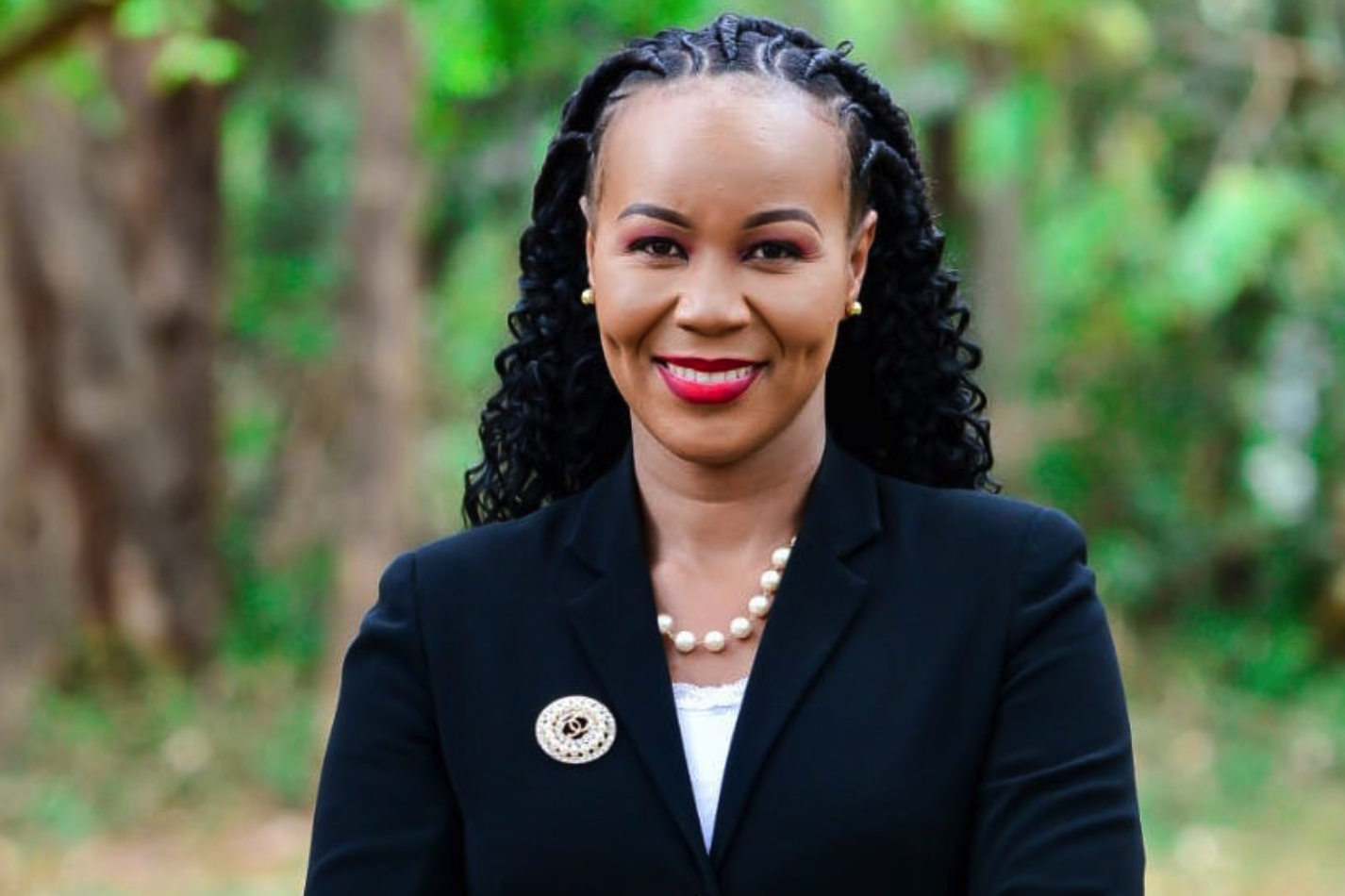
-1717684065.jpeg)
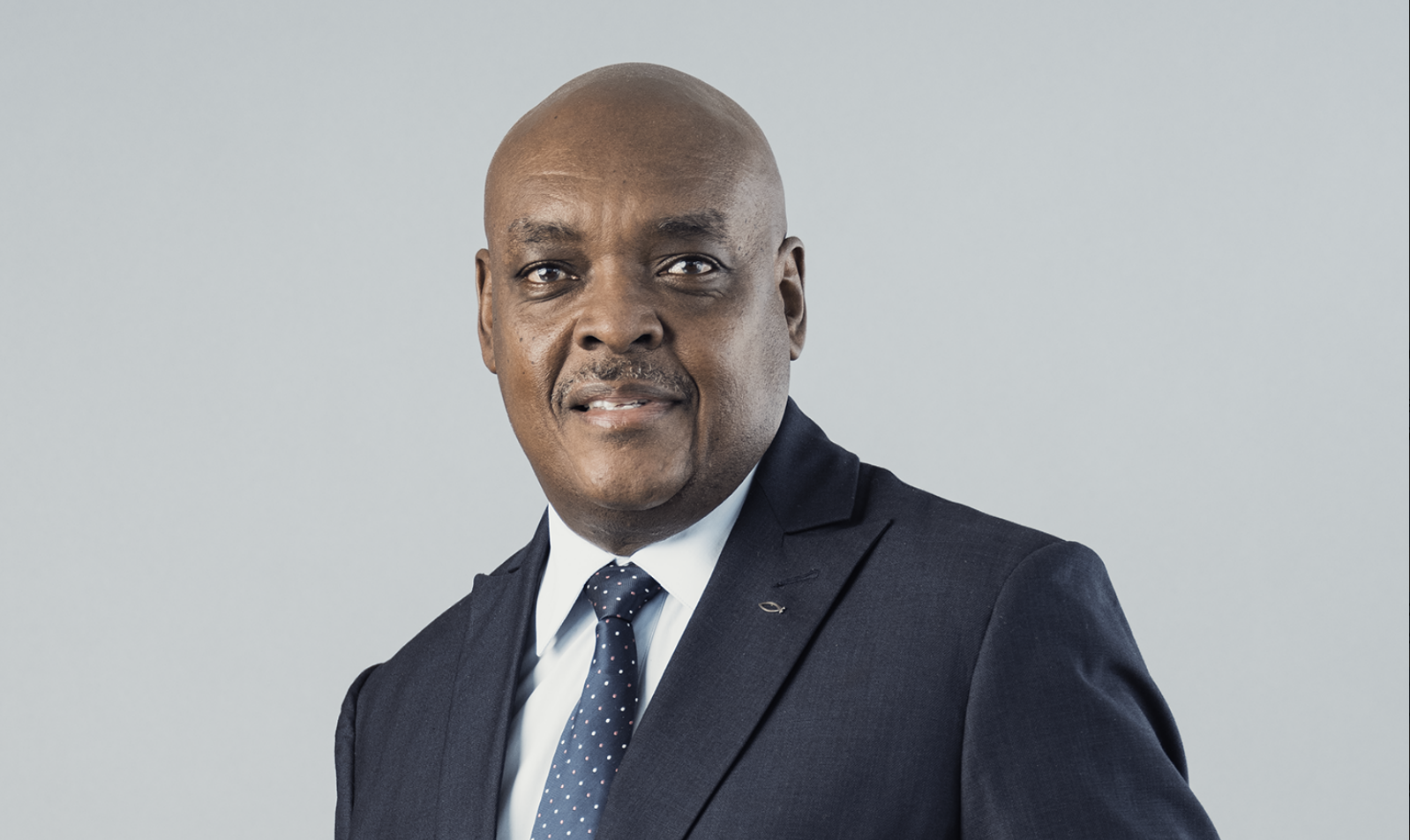
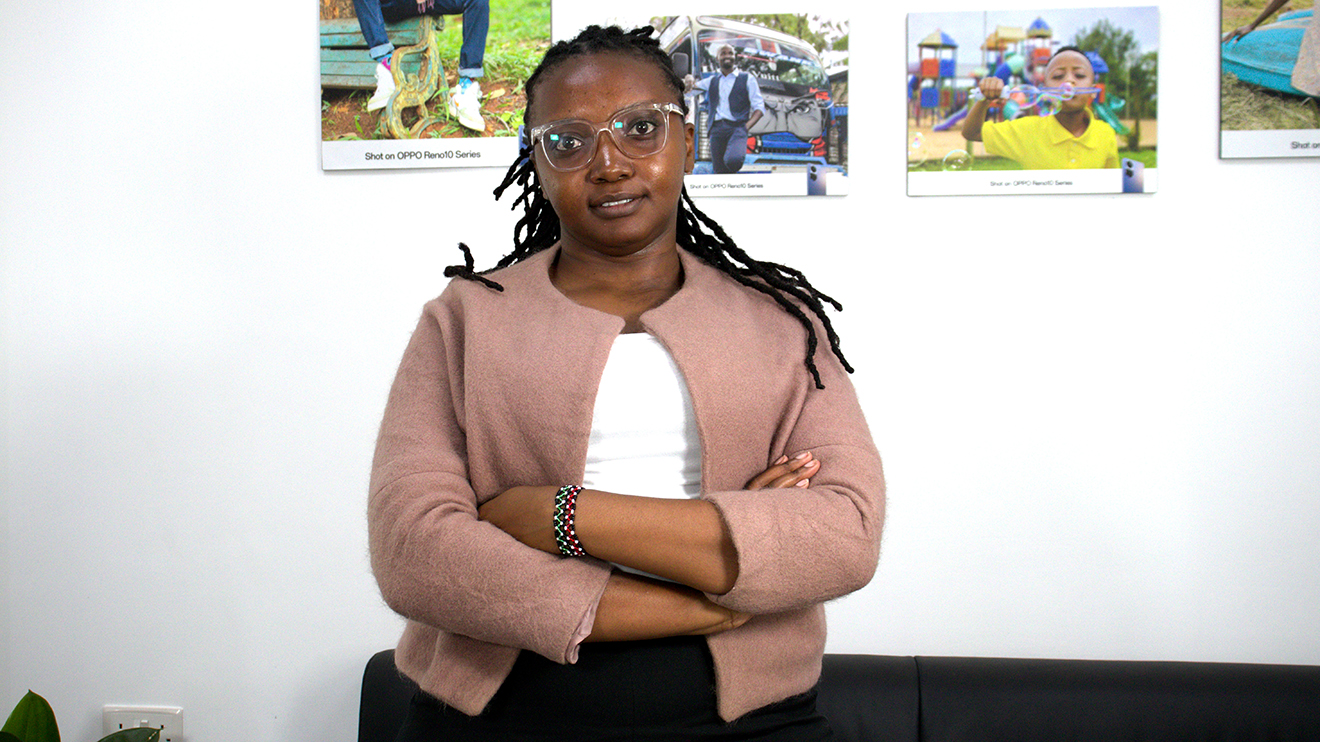
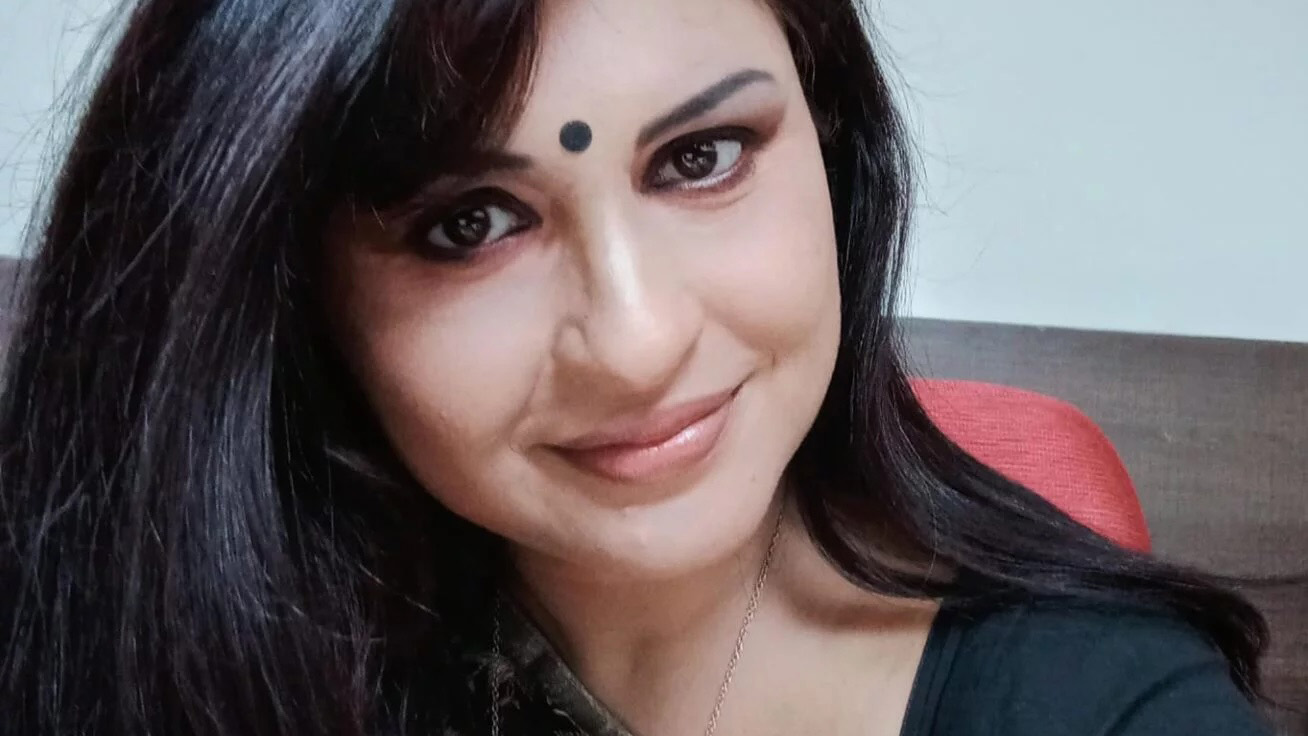
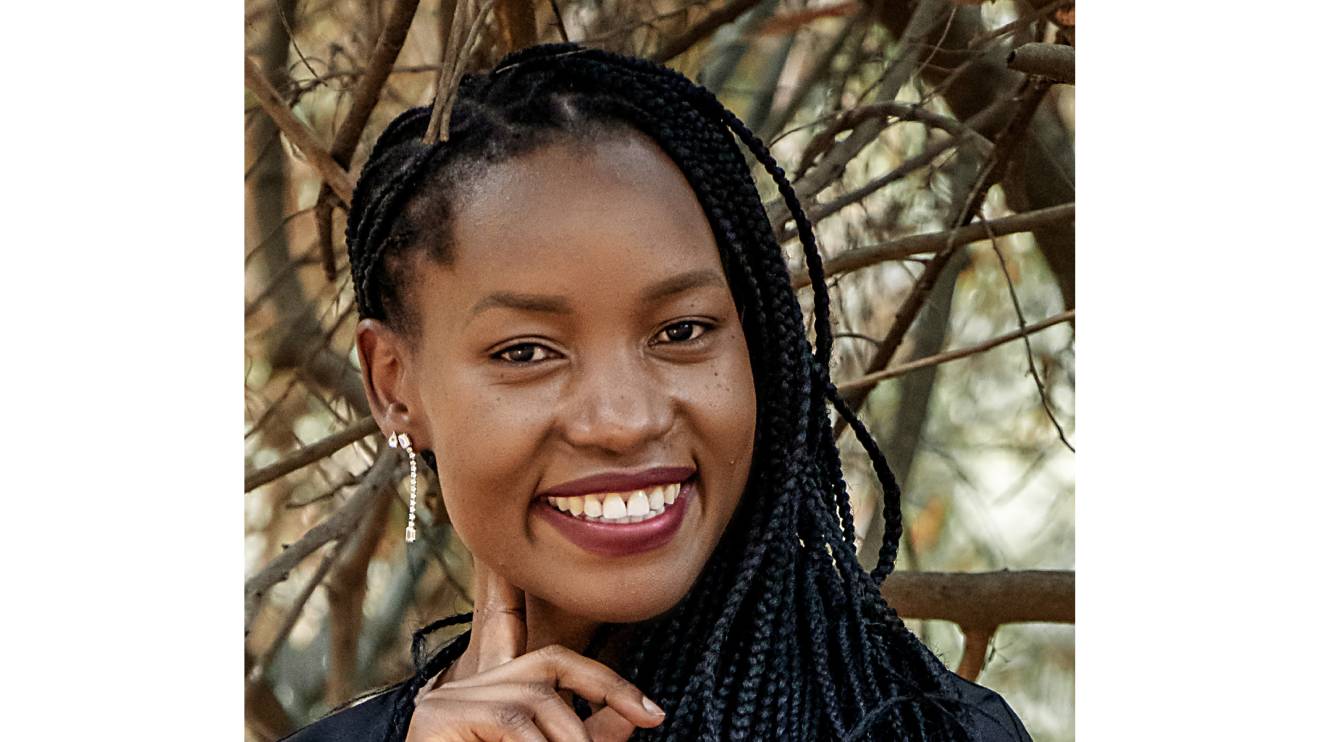
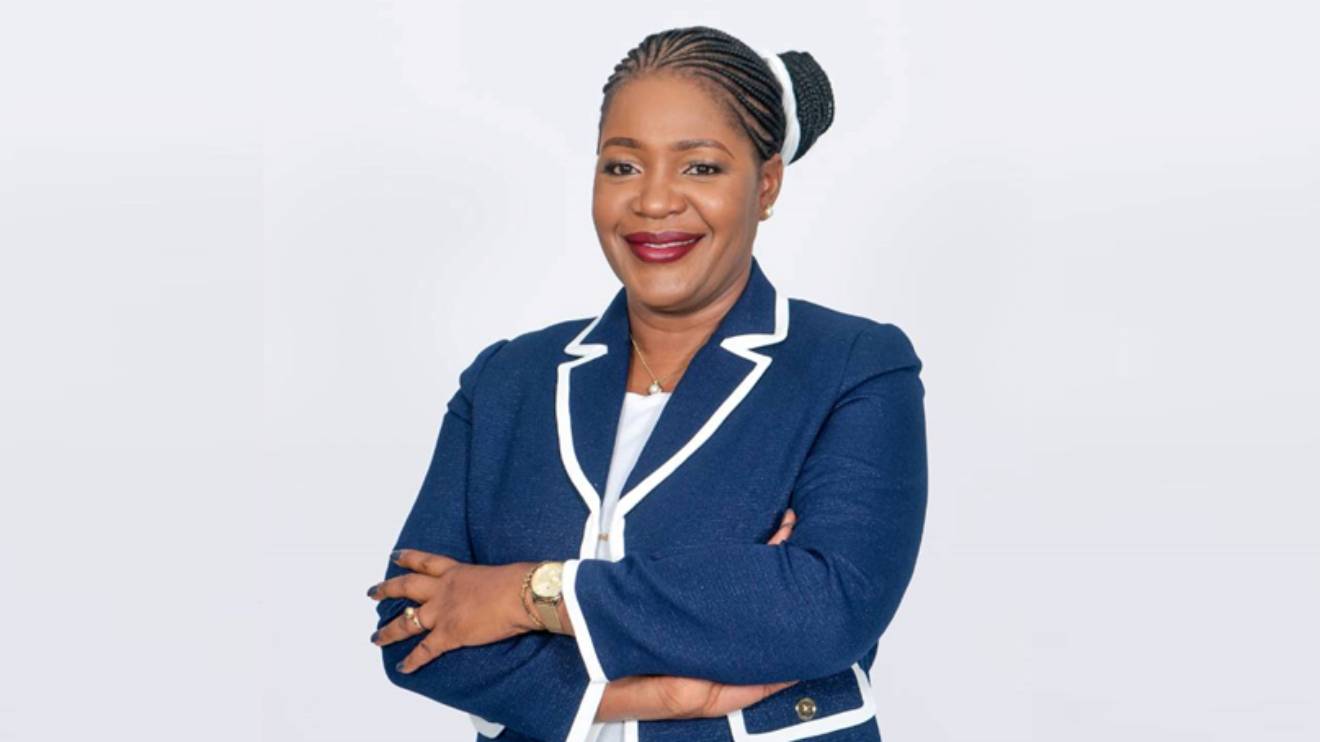
 (1)-1730745141.jpg)
